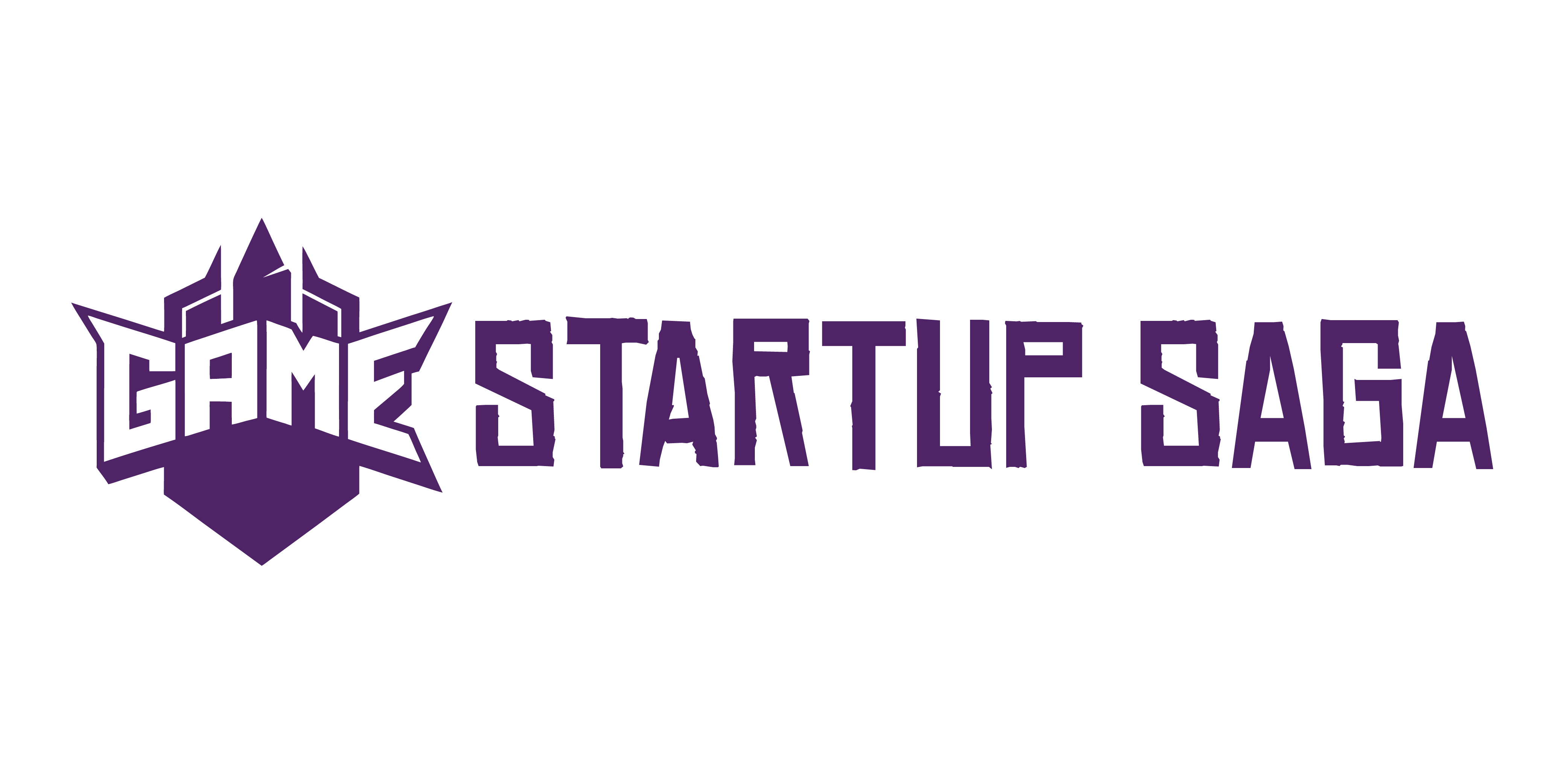Why Game Development Is Worth Learning
Game development is more accessible—and impactful—than ever. Whether you’re dreaming of building the next indie hit or working at a top studio, understanding how and why this field is growing is key.
A Rapidly Growing Industry
Game development is no longer limited to major studios or AAA titles. It’s a dynamic field that’s exploding across multiple platforms:
- PC gaming continues to thrive with platforms like Steam and itch.io offering open access to indie creators.
- Mobile games dominate app stores, offering low-barrier opportunities for game launches.
- Indie development has seen a surge, with tools and publishing platforms empowering small teams and solo creators.
- Virtual reality (VR) and augmented reality (AR) are fast-emerging frontiers with innovative gameplay experiences.
A Creative-Tech Hybrid
Game development is the perfect blend of art and logic. It invites creators with a passion for storytelling, design, and interactivity to collaborate with coders and engineers.
- Combine visual art, audio craftsmanship, and animation with programming logic.
- Engage in creative problem-solving while planning systems, mechanics, and user experience.
- Flex both your technical and creative muscles through interactive media.
Career Path—and Personal Passion
Whether you’re pursuing a full-time job or passionate side projects, learning game development opens up many doors:
- Career potential in studios, startups, and freelance environments.
- Indie game development lets you build, release, and even monetize your ideas alone or with a small team.
- Passion-driven projects can become portfolio showcases, learning tools, or even the next surprise hit.
Game development offers a unique intersection of technology, storytelling, design, and entrepreneurship—making it well worth the time and effort to learn.
Core Skills You’ll Need
To succeed in game development, it’s essential to build a foundation across multiple disciplines. Whether you’re aspiring to work in a AAA studio or craft personal indie projects, the following core skills will serve as your toolkit.
Programming Basics
You’ll need at least one of the following programming languages to bring your ideas to life:
- C# – Preferred for Unity. Clean syntax, well-documented, and beginner-friendly.
- C++ – Essential for Unreal Engine and performance-critical applications. Steeper learning curve but powerful.
- Python – Great for scripting and logic prototypes. Often used in tool development and smaller 2D games.
Tip: Mastering problem-solving and logic is more important than memorizing syntax. Choose one language and stick to it while building your first few projects.
Game Engine Know-How
Game engines are the platforms where development happens. Knowing how to use one well is essential.
- Unity
- Massive ecosystem for 2D, 3D, VR, and mobile games
- Friendly to beginners
- Uses C# as its scripting language
- Unreal Engine
- High-end visuals and performance-driven workflows
- Visual scripting through Blueprints
- C++ for advanced systems and customization
Recommendation: Start with Unity if you’re new. Switch to Unreal once you’re comfortable and targeting high-fidelity experiences.
Game Design Fundamentals
Even with beautiful graphics and solid code, a game falls flat without good design. Learn to think like a designer.
- Gameplay Mechanics – Core rules and player actions
- User Experience (UX) – Intuitive controls, flow, accessibility
- Storytelling – Narrative structure, pacing, and immersion
Pro Tip: Play critically—analyze the games you love and identify what makes them engaging.
Art & Audio: Making Games Feel Alive
You don’t need to be a professional artist or composer, but understanding these aspects will elevate your work:
- 2D/3D Art Assets
- Use tools like Blender for 3D or Photoshop/Aseprite for 2D
- Understand basics of animation and modeling
- Sound Design
- Background music, sound effects, and user feedback audio
- Tools like Audacity or FMOD help create and implement sound
Helpful Tip: Use asset stores early on to prototype. Later, invest in custom or original assets to shape your game’s identity.
Unity Learn
Unity Learn is the official learning hub for the Unity engine, making it a reliable starting point for aspiring developers.
Key features:
- A wide range of structured tutorials and guided projects
- Real-time lessons and live workshops with Unity pros
- Beginner-friendly paths, yet also useful for intermediate-level creators
Whether you’re building your first 2D game or experimenting with virtual reality, Unity Learn offers hands-on, project-based resources that evolve with your skills.
Unreal Engine Online Learning
If you’re interested in high-fidelity visuals and AAA-style experiences, Unreal Engine Online Learning is where to begin. Provided by Epic Games, this platform gives you direct access to the tools used across the industry.
What to expect:
- On-demand videos that cover C++, Blueprints, and visual scripting
- Practical modules tied to common development workflows
- Insight into production workflows used in both games and film
Whether you’re prototyping or polishing, Unreal’s resources help you build with a pro-level mindset.
Udemy & Coursera Game Dev Courses
When you want deeper dives or structured learning paths, Udemy and Coursera offer flexibility and variety.
Benefits:
- Self-paced learning with lifetime access to most content
- Course levels ranging from true beginner to advanced engine-specific training
- Taught by independent developers, studios, or university professionals
Bonus: Many courses include community access or discussion forums for feedback and questions.
YouTube Channels Worth Subscribing To
YouTube remains one of the most accessible and constantly updated platforms for learning game dev. Here are a few channels worth your time:
- Brackeys – Though no longer active, their archived Unity tutorials are beginner gold
- Game Maker’s Toolkit – Deep dives into design theory, game mechanics, and what makes games engaging
- Devlogs from indie developers – Follow real development journeys, tool breakdowns, and problem-solving workflows
These creators help demystify the development process, often sharing behind-the-scenes insights missing from formal courses.
Open Source Projects & GitHub
Learning game dev isn’t just about following tutorials—it’s also about reading code, experimenting, and contributing.
Ways to learn:
- Clone and study open source game projects on GitHub
- Contribute small features or fix bugs to build experience
- Observe how other developers structure systems, organize assets, and optimize performance
Collaborative development mimics real-world workflows and makes a strong portfolio addition.
Communities That Will Actually Help
Some of your best game dev breakthroughs won’t come from a course—they’ll come from talking to people who’ve been there, shipped that, and made all the mistakes you’re about to make. That’s where online communities come in.
Start with r/gamedev on Reddit. It’s one of the most brutally honest and helpful spots for anyone in the trenches. Whether you’re stuck on a lighting bug or need feedback on your first devlog, you’ll find blunt, often useful advice. Just show your work, be specific, and don’t expect a gold star for showing up.
Next, find your place in Discord. Most engines (Unity, Unreal) and indie niches (pixel art, solo dev, VR, etc.) have active Discord servers. Some are chaotic. Some are goldmines. The good ones have tight moderation, niche channels, and people who genuinely want to help you level up. Lurk first, then contribute.
And if you’re serious about applying your skills under pressure, enter a Game Jam like Ludum Dare. It’s 48 hours of sprinting with a theme, zero excuses, and a real deadline. You’ll learn more from building a tiny, weird game in a weekend—bugs and all—than you will in months of passively watching tutorials.
These communities aren’t just support groups. They’re your testing grounds. Your motivators. Your reality checks. Use them well.
For the Business Side
Learning to develop a game is only part of the journey—launching it successfully is a challenge in itself. Many great games go unnoticed because creators overlook the importance of business fundamentals like marketing and funding. Understanding the full lifecycle of a game is what separates hobbyists from successful game developers.
Why Launch Strategy Matters
Launching a game isn’t just about uploading it to a store. To maximize impact, you need to work on visibility and monetization before and after release.
- Marketing builds anticipation – Without an audience, even the best games struggle.
- Funding enables quality – Crowdfunding, grants, or early access can fuel development properly.
- Visibility creates long-term success – PR, influencer outreach, and platform optimization drive ongoing interest.
Business Basics Worth Learning
Consider investing time in these key areas to elevate your launch:
- Pitching and positioning – Learn how to explain what makes your game stand out.
- Press kits and trailers – Develop materials that help others share your game.
- Publishing options – Weigh self-publishing vs. partnering with a publisher.
- Monetization models – One-time purchase, free-to-play, DLC, or subscriptions?
Essential Resource
If you’re serious about launching a game that actually gets played, dig into this guide:
Effective Marketing Strategies for Game Launches
Learning how to build is just the beginning—learning how to sell is what makes it thrive.
Next Steps
Don’t wait around for the stars to align. You’re never going to know everything before you start—and you don’t need to. Game development is a skill you learn by doing, so the best approach is simple: build something small and get it out there.
Start with a basic mechanic. A jump. A menu. A room that loads. Then break it, fix it, and repeat. Each finished piece gives you momentum. Each release, no matter how rough, gets you closer to clean code, better balance, and a stronger creative voice.
Consistency beats polish, especially early on. Publish weekly if you can. Share your progress. Watch what people respond to. Nothing sharpens your skills like pressure and feedback.
And don’t build in a vacuum. Surround yourself with other creators. Join a jam, hop into a Discord, lurk on r/gamedev. You’ll stay motivated, dodge common mistakes, and remember that you’re part of something bigger.
The best way to level up is to keep going. Not perfectly. Just persistently.




